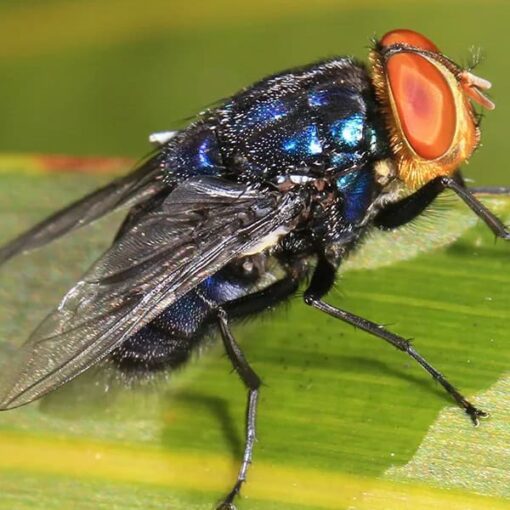QCOSTARICA — Did you know? It was Clavillazo who gave Costa Rica its famous phrase: “pura vida”, perhaps the most representative phrase of the people of Costa Rica, who immortalize it in songs, sayings and even get tattoos of it.
What few people know, is that José Antonio Hipólito Espino Mora, a Mexican comedic actor mostly popular from the 1940s to the 1960s, better known as Clavillazo, presented it to Costa Rica.
At least that is one version.
– Advertisement –
For unknown reasons, some words or phrases take root strongly in certain cultures, but not in others.
In the Clavillazo version, for instance, Costa Ricans have embraced a phrase that originated in Mexico that is largely unknown to Mexicans themselves.
In 1956, the Mexican film Pura Vida was released in Costa Rica.
However, the film only lasted two weeks in the cinemas.
But, “Pura Vida” became a hit in those 14 days, enough time for the phrase (which was said, by the way, only a few times by the Mexican comedian throughout the film) to become engraved in the memory of Costa Ricans until it became a popular phrase and became an identity phrase.
– Advertisement –
Since those years (more than 60 years) Costa Ricans have used that phrase as a way of saying hello, but also to say goodbye. Although it should be noted that its meaning is even deeper, but difficult to explain the great meaning of “pura vida”
It is also used as an answer “how are you?”, to which the answer “Pura Vida” comes naturally.
In Mexico, the equivalent would be “a toda madre” or “chingón”, although it is very possible that both Mexican expressions do not come close, not even a little, to the emotion that Costa Ricans feel when saying “Pura Vida”.
Clavillazo gave Costa Rica a great phrase. At least that is the story.
– Advertisement –
Several comments posted on Facebook where this story was adapted from, is that
“Purva Vida” was already used in Costa Rica, only in a less popular way and with fewer uses, before Clavillazo, after visiting Costa Rica, that it was he who copied it for his films.
Let’s go back a little to what was stated in the beginning, about how some phrases become popular in certain cultures and not in others
Well, happiness seems to be a serious thing for the people of Costa Rica.
In March 2023, the World Happiness Report determined that Costa Rica is, and again in March 2024, the happiest country in Latina America 12th in the world.
Clavillazo was a positive man despite adversity. Just like the Ticos (Costa Ricans).
Pura Vida, the movie
The film Pura Vida premiered in 1956. It was directed by Gilberto Martínez Solares and starred Antonio Espino “Clavillazo”, Maricruz Olivier, Carmelita González and Ramón Valdés; It also had the special participation of the musician José Alfredo Jiménez.
When he participated in the feature film, the main actor, Antonio Espino (1910-1993), was already a recognized comedian, having starred in several works alongside other important figures of Mexican cinema.

Clavillazo plays Melquiades Ledezma, the character who uses the expression “pura vida.” From the beginning of the story, the protagonist is characterized as a guy with bad luck, although, to tell the truth, several of his problems originate from his recklessness and not because of chance.
Despite Melquiades’ incidents, the character faces life with optimism. In fact, the first time he says “pura vida” is at the beginning of the film, when the president of the town expels him for being the personification of bad luck: “where you step, no grass grows” (2:33). However, even though the president is banishing him, Melquiades sincerely tells him that “you are very kind and you are pure life” (2:10). From there, we viewers already glimpse the character of the protagonist and the meaning or positive value that the phrase will have.
Subsequently, the character uses the language in question twelve times more. He uses it to characterize Lucía on three occasions (the neighbor who, according to him, was his girlfriend), Ferróneo (his cousin), the people of the neighborhood and himself (when he says that the saltiness has already been removed and now It’s pure life). In addition to its use to mark qualities of people, this expression also qualifies objects (some earrings “divine, precious, charming, they are pure life” (1:11:23) and a meal), an event (“The party is pure life” (25:00)) and situations (when he kissed his neighbor Esperancita “This is pure life” (1:29:36) and at the closing of the film “Pura vida, no más” (1:30: 18)).
In these statements by Melquiades, we can observe differences between the use that the protagonist gives to the phrase and the function that it fulfills in the Costa Rican dialect. For example, in the film, the expression is not used as an interjection to greet or say goodbye, a use that is very widespread in Costa Rica. Thus, we see that the interdialectal loan continues its development in its new home.
Sources: Universidad de Costa Rica (UCR); IMDB; Facebook
– Advertisement –
Source link
Rico



